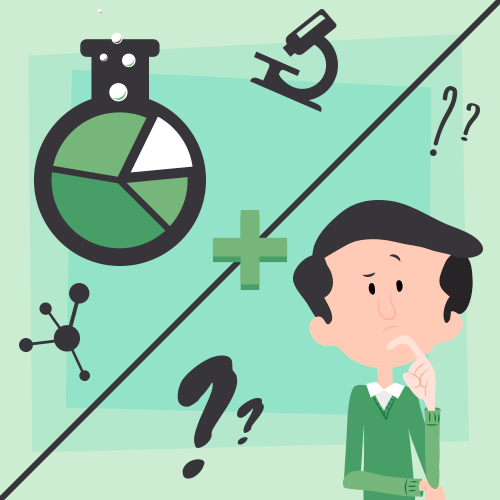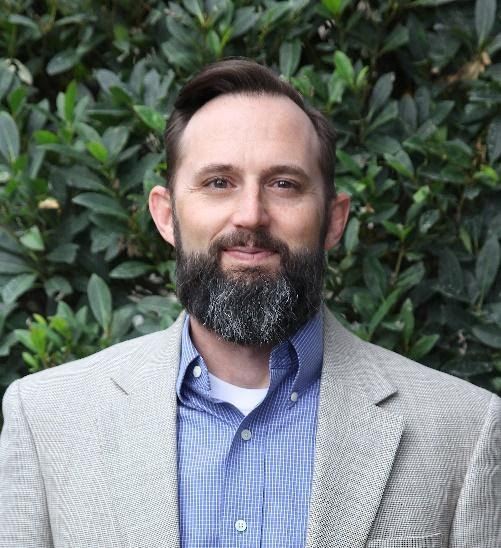by Jesse Kamm, PhD
 COVID19 brought a variety of problems and reactions. If you’re a curious individual, you’ve read a plethora of articles, blogs, and social media posts. Many opined on the reliance of data, trusting science, models of impact and infection, and debates on policy making. Reporting on COVID19 public policy became a cacophony of noise. When it comes to noisy data, ASEM members and students are uniquely skilled to serve as the voice of calm and reason during trying times. As engineering managers, we know data can be messy and situations can be far more complex than we would like. But we also know that decisions need to be made in a timely fashion, no matter how imperfect, and we know how to deliver when pressed.
COVID19 brought a variety of problems and reactions. If you’re a curious individual, you’ve read a plethora of articles, blogs, and social media posts. Many opined on the reliance of data, trusting science, models of impact and infection, and debates on policy making. Reporting on COVID19 public policy became a cacophony of noise. When it comes to noisy data, ASEM members and students are uniquely skilled to serve as the voice of calm and reason during trying times. As engineering managers, we know data can be messy and situations can be far more complex than we would like. But we also know that decisions need to be made in a timely fashion, no matter how imperfect, and we know how to deliver when pressed.
Many posts and articles argued for science, not politics, to guide decision making. What does it mean to let science decide policy? After all, engineering managers know that hard data doesn’t always tell the full story. There are issues around context and “soft” considerations. Even the way people feel emotionally can factor into a decision (Ugh! Feelings!... groans my inner engineer).
Engineering managers recognize that science and policy judgement are two separate things. How we translate the science, implement a plan, and tell the story of the decision is of utmost importance but that’s not science, it’s judgement. This makes us uniquely positioned to engage the public in the interpretation of data to inform sound decision making.
In most scientific research we look for two kinds of results (I concede others exist, but the two I cover encompass most scientific research). The results typically come in the form of descriptive and inferential statistics.
Descriptive results tell us what’s happening, in most often, numeric terms but might also simply tell the story of things as they exist. Inferential statistics leverage the central limit theorem to infer results on the population at large and use models to rule out random chance in our hypothesis.
Science is a system that says “Hey! This small slice of the pie that you’re looking at, well it isn’t random. This is what’s happening and it’s happening for a reason.”. What it doesn’t tell you is what you should do with that information. This is where judgement comes in.
Judgement is imperfect. Judgement attempts to use all data, even “soft'' imperfect data that might not be considered science at all. Things like economic effects, personal perspectives on social constructs like liberty and tyranny, even intuitive “gut” reactions can be valid inputs in judgement. (Remember the fight or flight story of the tiger shaped shadow in the grass…don’t wait for science on that one… trust your judgement and make the decision!). Nobel laureate Daniel Khaneman’s research in cognitive behaviors and decision making helps us understand human’s behavior and data. (See suggested readings below). Judgement comes from humans alone - not from science – messy, imperfect, full of cognitive bias humans.
Judgement via policy decisions can be rooted in science and yet have conflicting variables that lead towards opposite positions that are equally valid. That’s what I love about science. Where that data leads with regard to action is entirely subjective. This is what people misunderstand. Science is not a magic box that tells us the answer. It’s more like a game of Clue with partial answers that we come to understand more and more over time through a body of research. As EM’s we know that all models are wrong, yet when we couple them with probability, we get useful data.
As engineering managers, we know people are messy, imperfect, beings. We also know data, models, and the scientific method are very valuable tools to inform decision making. What makes us unique is our ability to translate the science, the data, and the models into something useful.
Suggested Books for Further Reading
Cooke, R. M. (1991). Environmental ethics and science policy series. Experts in uncertainty: Opinion and subjective probability in science. Oxford University Press.
Kahneman, D. (2011). Thinking, fast and slow. New York: Farrar, Straus and Giroux.
About the Author
 Jesse D. Kamm, Ph.D., PMP is an imperfect, full of cognitive bias engineering manager with a passion for bridging the gap between industry and academics. His experience in themed environment projects, hospitality, retail, faith based and community partnership projects, medical centers, senior living, and work/live/play development projects coupled with his experience with academic journals, conferences, universities and industrial trade schools programs, and as a Co-PI on grants involving the National Science Foundation and the U.S. Department of Labor provide a unique perspective on the scholar-practitioner. Connect with him on Linkedin or at jkammphd@gmail.com.
Jesse D. Kamm, Ph.D., PMP is an imperfect, full of cognitive bias engineering manager with a passion for bridging the gap between industry and academics. His experience in themed environment projects, hospitality, retail, faith based and community partnership projects, medical centers, senior living, and work/live/play development projects coupled with his experience with academic journals, conferences, universities and industrial trade schools programs, and as a Co-PI on grants involving the National Science Foundation and the U.S. Department of Labor provide a unique perspective on the scholar-practitioner. Connect with him on Linkedin or at jkammphd@gmail.com.
